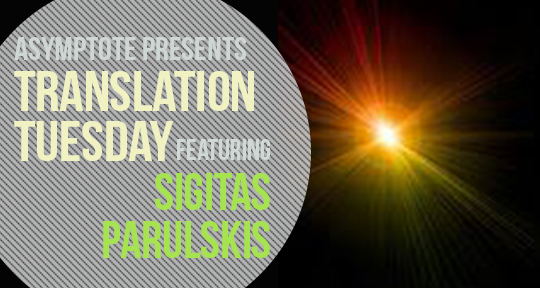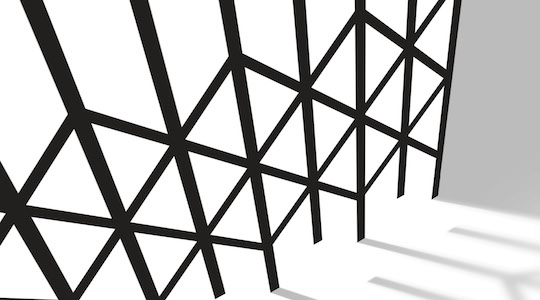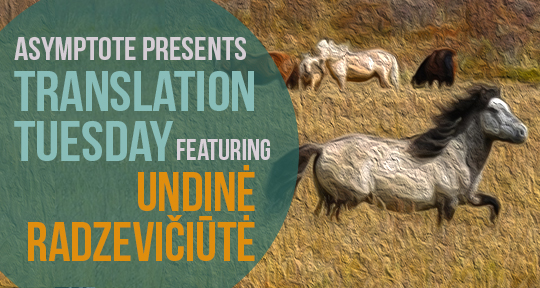Mexican poet and scholar Alí Calderón is one of the founders of Círculo de Poesía, an online poetry journal that celebrated its fifteenth anniversary in 2023. From the very beginning, the project aimed to diversify the cultural panorama of Mexico and has now established a publishing company that explores world literature. In this interview, I spoke with Calderón about the nature of translation, the importance of dialogue with other cultures, and how publishing can be an alternative to sustain literary projects.
René Esaú Sánchez (RES): You have mentioned in other interviews that Círculo de Poesía was born as a project to perceive Mexican poetry from other angles. Why was that necessary?
Alí Calderón (AC): When we talk about Mexican poetry, it is a deceiving category; we think of it as something inclusive when it’s not. Just by analyzing the indexes of poetry anthologies or by seeing who receives certain scholarships, we realize that it is more of a cultural elite.
In 2008, with the birth of the internet and other forms of media, we decided to reinvent culture from other sources. We started working against the tide, promoting poetry from other states of México, like Puebla, Sinaloa or Colima; we decentralized it.
That’s how the journal was born: with the intention of democratizing poetry and making it more visible. But we didn’t do it only with Mexican poetry: we included poetry written in other Spanish-language countries and, out of curiosity, in other world languages.




